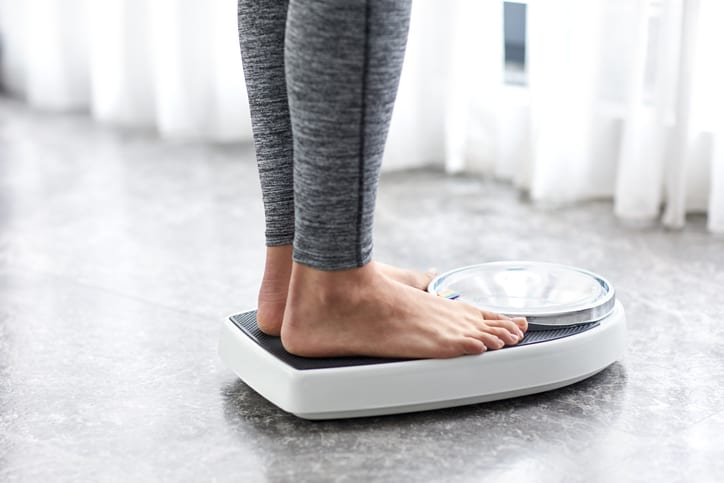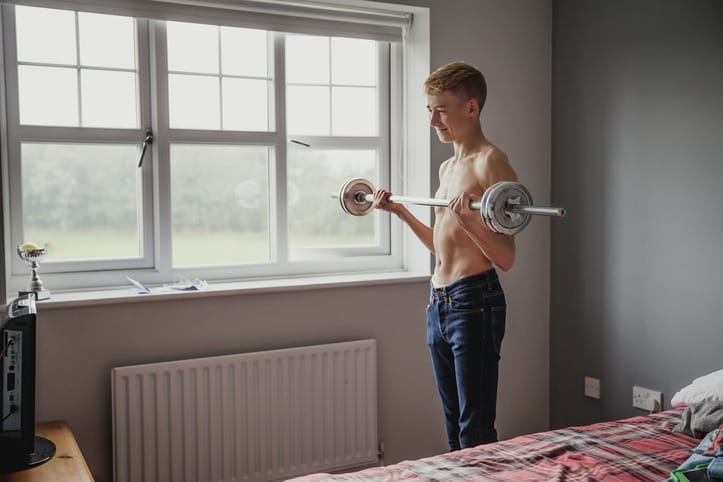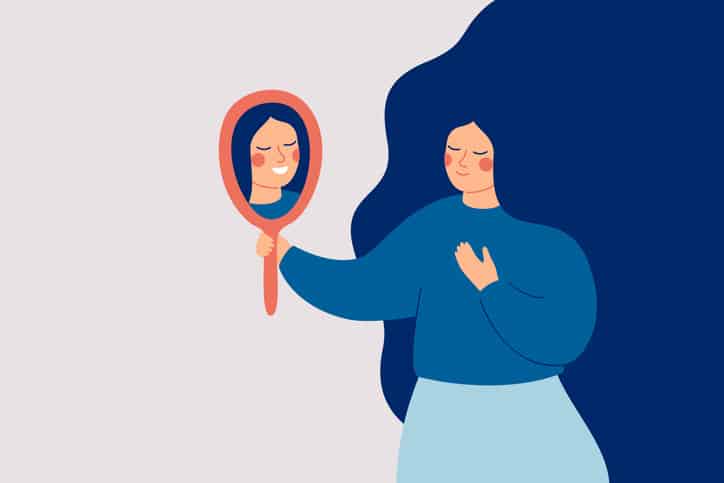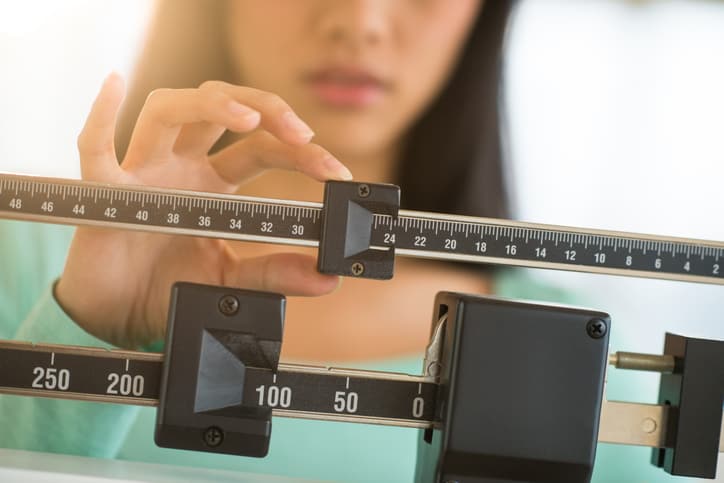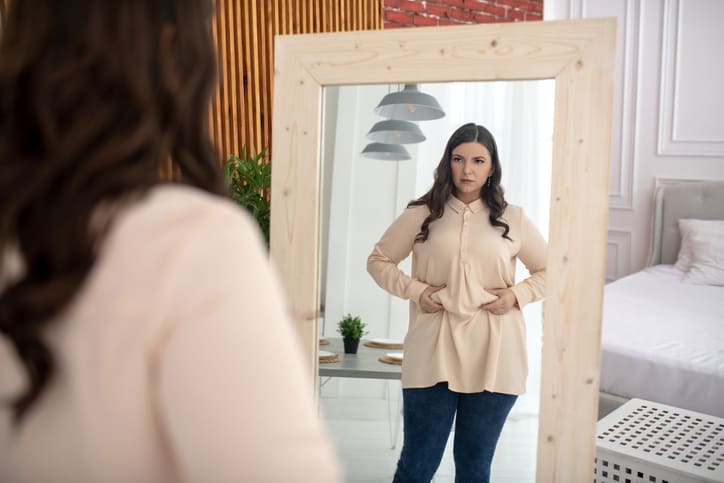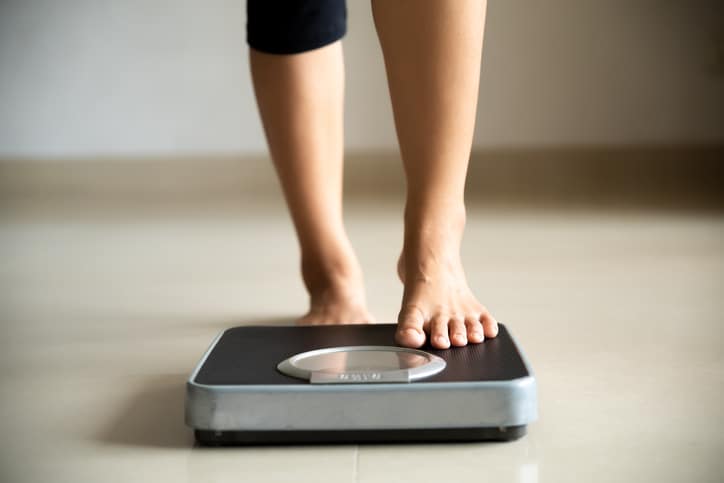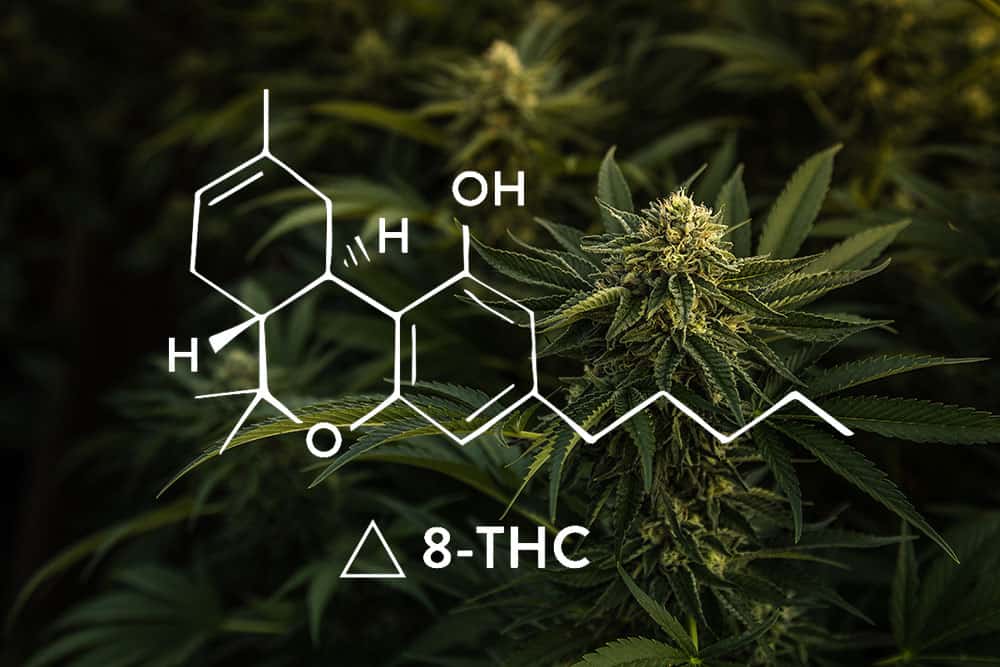- What Is The Definition Of Body Image?
- What Influences A Teenager’s Body Image?
- What Defines A Healthy Body Image?
- How Does Social Media Affect Teen Body Image?
- At What Age Do Girls Develop Body Image Issues?
- How Do You Instill Confidence And A Healthy Body Image In A Teenage Girl?
- What Are The Negative Effects Of An Unhealthy Body Image?
- Signs of a Negative Body Image
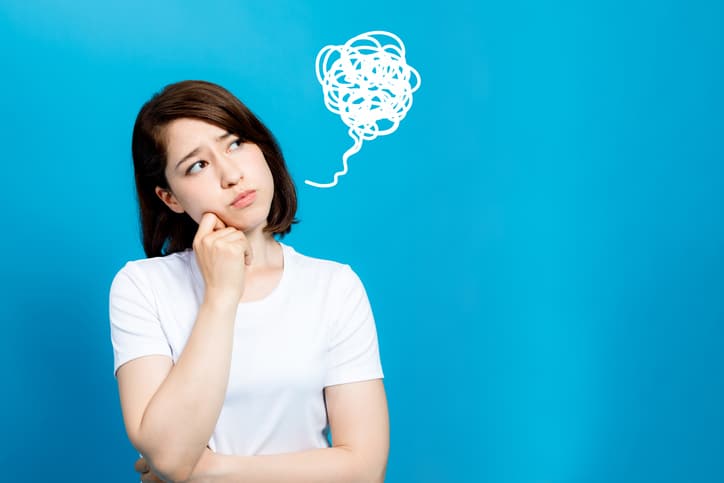
#1. What Is The Definition Of Body Image?
According to the Office on Women’s Health, “Your body image is what you think and how you feel when you look in the mirror or when you picture yourself in your mind.”
Body image can be either positive or negative. Your body image is based on your perception of your body and how you see yourself. Developing a healthy body image is important for teens going through puberty and hormone changes.
Your body image also includes:
- Your feelings about your appearance
- Thoughts about your own body shape itself, like your height and weight
- How you feel “within your own skin”
- Your behavior as a result of your thoughts and feeling about your body
Your body image doesn’t always relate to your size, height, or weight. Instead, the feelings and thoughts about your body define your body image. Young people go through many changes through puberty which can challenge their body image and self-perception.
Overall, adolescent girls and young women are much more likely to have a negative body image than young boys.
The Office on Women’s Health explains further that “many women in the United States feel pressured to measure up to strict and unrealistic social and cultural beauty ideals, which can lead to a negative body image.”
White teenage girls are more likely to develop a poor body image than African-American and Hispanic girls. However, body dissatisfaction trends among teenagers and young people might change over time due to changes in the cultural ideals of beauty.
#2. What Influences A Teenager’s Body Image?
A teenager’s body image can be influenced by many factors, both internal and external.
Internal influences of body image have to do with a person’s inner thoughts and feelings. Often, these inner thoughts begin following external factors that influence a teen’s beliefs about their own body.
External factors of body image include:
- Peer pressure and influence
- Social media
- Celebrities in the entertainment or health industry
- Family environment and home life
- Parent’s beliefs about their own body image
- Parent’s attitudes about editing, weight gain, and healthy eating
- Being bullied, shamed, or complimented for their appearance
- Romantic relationships (healthy versus toxic)
Internal factors influencing a teen’s body image include:
- Self-esteem
- Underlying mental health issues, like depression, anxiety, or trauma
- Concerns about a healthy body type (body mass index or “BMI”)
- In rare cases, a disorder called body dysmorphic disorder
Both internal and external factors influence one another. For example, a teenager might struggle with low self-esteem, which impacts their body image if they are bullied for being overweight.
Additionally, a toxic romantic relationship with a partner who puts down a young person’s physical appearance can lead to low self-esteem and a negative body image.
A negative body image can also cause mental health disorders and other issues. Your teenager might feel depressed or anxious about their body. They might even develop an eating disorder due to an unhealthy body image.
When teenage girls and boys develop a positive body image, the following factors are present:
- High self-esteem and confidence
- Positive coping skills for bullying, stress, and mental health issues
- Role models for a healthy body image
- Feelings of self-worth are defined by personality, style, interests, goals, etc.
You can help your teenager develop a healthy body image by both minimizing the causes of poor body image and building their feelings of self-esteem based on who they are on the inside.
Teens with body image issues might feel like they have nothing of value to give the world. They might have their self-worth depend entirely on what they look like and might go to extreme lengths to feel control over their appearance.
By helping your teenager discover the value they have to offer the world, you can help them develop healthy self-esteem. Unconditional love and acceptance are also important for teens as they go through the challenges of growing up.
#3. What Defines A Healthy Body Image?
A healthy body image means that you feel comfortable within your own body and have positive feelings about your appearance.
Remember that a healthy body image is about your teen’s perception of themselves. An unhealthy body image usually reflects a negative self-image. When you have a healthy body image, you don’t let your body define who you really are.
A healthy body image is about finding balance and not allowing concerns about appearance to stop you from living your life.
You might try to lose weight, diet, gain weight (if underweight), or engage in exercise for health reasons. Maintaining a healthy weight can be good for your overall health and wellness.
However, those with a healthy body image don’t let their weight or appearance stop them from living their lives.
Exercise, healthy eating, and weight loss for health reasons do not mean you have a negative body image. Like all mental health concerns, you might have a body image issue when your body image impacts your wellness in essential areas in your life.
#4. How Does Social Media Affect Teen Body Image?
Social media can affect teen body image in many ways.
Many social media apps have “likes” and other signals that other people are giving positive attention to your posts. However, social media also opens the door for cyberbullying, body shaming, and unrealistic standards of the “ideal body.”
Social media apps might have filters that your teenage girl or boy can add to “enhance” their appearance. These filters might cause your teen to compare their real-life appearance to the filtered appearance.
Many social media influencers might be perceived as attractive or as the standard of beauty by teens. Your teen might think that these influencers have the ideal or perfect body. But many of these images are photoshopped and enhanced with other filters.
Filters and photoshopped images can create unrealistic expectations of beauty, and your teen might compare themselves to these standards.
In addition, the amount of attention that a picture or “selfie” gets or does not get can lead to a negative body image. Your child might attribute the lack of “likes” to a problem with their appearance. They might believe that they are not attractive or liked by others.
Even if your teen gets positive attention, they might begin to compare how much attention they received versus peers. They might also compare the attention that one post received versus another.
Comparisons on social media can lead to your teen believing that they are not good enough.
Not all attention on social media is positive. Sometimes, posting a picture can leave one vulnerable to criticism from bullies. Your child might pay more attention to one or two negative comments than praise about their appearance.
According to a study published in the Journal of Youth and Adolescence, “on average social media use has undesirable effects on adolescents’ body dissatisfaction, not all adolescents are equally susceptible to this negative influence.”
The study also states that “the relationship between social media use and body dissatisfaction was weaker among adolescent boys and girls who reported a more positive relationship with their mother.”
While more research is needed to understand this relationship, you can influence your teen’s body image and self-esteem by developing a healthy relationship with your teen.
Parents have a significant impact on their child’s decision-making and self-esteem. You might feel like you don’t influence your teen. However, your thoughts and attitudes on body weight can play a role in your child’s body image.
Despite the dangers, avoiding social media and technology entirely might not be a realistic option for your kids. They need to learn how to build a healthy relationship around technology.
Social media can be an excellent way for kids to connect, have fun, and receive essential information. But an unhealthy relationship with social media can lead to low self-esteem and other mental health issues.
Youth Engaged 4 Change offers the following tips for teens and young people to develop healthy social media habits:
- Take breaks from devices
- Turn off push notifications
- Block, unfriend, or mute people who bully or disrespect you
- Keep track of your time on social media
- Balance time with friends between social media and real-life activities
- Only follow pages, online communities, or accounts that are important to you or bring you joy and a sense of belonging
You can also ask your teen about social media. You might want to learn more about their social media usage and their thoughts about specific influencers and apps. You can help them distinguish reality from the unrealistic images portrayed on social media.
Additionally, you can minimize the negative impact of social media by setting a positive example. Think about how much time you use on your devices and help your teen set limits by creating household rules about phones and the internet that you also follow.
#5. At What Age Do Girls Develop Body Image Issues?
Girls are most susceptible to develop body image issues during puberty.
MedlinePlus states that puberty “usually happens between ages 10 and 14 for girls.” Your daughter will go through several bodily changes that can impact her body image.
From GirlsHealth.gov, some of the changes that occur during puberty influencing body image for adolescent girls include:
- Weight gain
- Development of breasts
- Growing taller
- Wider hips and thighs
- More body fat than muscle compared to childhood
Girls go through many changes from childhood into adulthood, both physically and mentally. While they are changing physically, they might feel confused or even stressed about their changing bodies.
Young girls might compare themselves to their peers during this time because girls go through puberty at different times and rates. Teenage girls might compare their rates of change to others.
Puberty can be a challenging time for your child’s self-esteem and body image.
Teens can develop body dissatisfaction if they feel like they are not growing up fast enough or receive less attention than peers.
#6. How Do You Instill Confidence And A Healthy Body Image In A Teenage Girl?
You can instill confidence and a healthy body image in a teenage girl by using some of the following tips:
- Ask your daughter to identify her positive traits
- Helping kids look inward can be empowering
- When your daughter can find her own positive qualities, she can develop her strengths and self-esteem
- You might need to help them along with compliments and praise
- Do not focus on weight-based or body type compliments
- Instead, consider complimenting style or choices, like:
- “That color brings out your eyes!”
- “Your hair looks nice in that style.”
- Teach your daughter to accept positive compliments and praise
- Often, girls with poor body image will brush off your compliments
- They might need reminders that it is okay to receive praise
- Conversely, remind them that some compliments might be disrespectful from others, even if they are praising your daughter’s appearance
- Additionally, don’t brush off any of your teen girl’s negative comments on her own body
- Listen to her concerns, thoughts, and feelings
- Share how you deal with negative self-thoughts and teach her healthy coping skills
- Teach your daughter self-care
- Self-care involves showing yourself love and acceptance
- You can teach your daughter to treat herself to things that are soothing, like a bubble bath, listening to music, reading a book, or relaxing with a movie
- Learn to appreciate their body for what it can do
- Every teenage girl has gifts and talents
- Encourage your daughter to find a positive outlet for her talents
- Focus on helping them develop goals, hobbies, and interests
- Be a positive role model
- If you are losing weight for health reasons, talk about healthy eating habits instead of saying “dieting”
- Emphasis overall health and wellbeing over an ideal body type
#7. What Are The Negative Effects Of An Unhealthy Body Image?
An unhealthy body image can lead to adverse effects on a young person’s mental health.
Unhealthy body images can lead to mental and behavioral health issues. A negative body image can lead to things like low levels of confidence, depression, and developing an eating disorder.
MedlinePlus states that there are three eating disorders:
- Binge-eating: using eating as a coping mechanism for stress, depression, anxiety, and other issues. People who binge eat continue eating after feeling full, then feel shame and guilt afterward. This eating disorder can lead to weight gain and obesity.
- Bulimia nervosa: alternating between binge-eating and “purging” food by vomiting, laxatives, over-exercise, or fasting. People with bulimia can be underweight or overweight. They might also appear healthy and at a normal weight for their height and body type.
- Anorexia nervosa: severely restricting food, avoiding eating altogether, or purposefully starving oneself. People with anorexia have a severely distorted body image and see themselves as overweight, even if they are dangerously underweight.
According to MedlinePlus, anorexia nervosa is the least common yet most serious of all eating disorders and “has the highest death rate of any mental disorder.”
Eating disorders are more common among women than men. Most often, eating disorders develop during the teen years or in young adulthood.
Teenage boys can also develop body image-related issues related to increasing muscle mass and body size.
According to the National Eating Disorders Association (NEDA), “25% of normal weight males perceive themselves to be underweight and 90% of teenage boys exercised with the goal of bulking up.”
These false perceptions of the ideal body type can cause negative body image in both teenage boys and girls. Teens might develop an eating disorder to try to gain control over their bodies. They might over-exercise or injure themselves trying to get a “buff” physique.
Negative body image is also a risk factor for developing other issues, like:
- Depression
- Anxiety
- Substance abuse
- Physical health problems
Overall, a negative body image creates issues with self-esteem, which impacts your child’s ability to live a happy and fulfilling life. They might become preoccupied with their body image, ignoring nearly everything else in their lives.
#8. Signs of a Negative Body Image:
- Dislikes being photographed
- Obsessed with dieting and exercising (to an unhealthy extreme, like starving themselves or exercising despite pain and injury)
- Comments about peers and celebrity’s bodies (ex., “I wish I looked more like..”)
- Asks about getting cosmetic surgery
- Loss of focus in other areas in life, like school, hobbies, family, and friendships, due to body image obsession
If you notice these signs in your teenage girl or boy, you can help them by being a positive role model, monitoring their social media usage, and building their self-esteem based on who they are and not how they look.
Your child might develop a mental health or eating disorder due to their negative body image. Mental health professionals are available to help your child develop healthy self-esteem, learn self-acceptance, and confidence within their own body.
Raising a teen with a healthy body image can help them develop healthy self-esteem and confidence. If you are concerned about your child, we can help. Sandstone Care is here to support teens with mental health and substance use disorders. Call (888) 850-1890.

